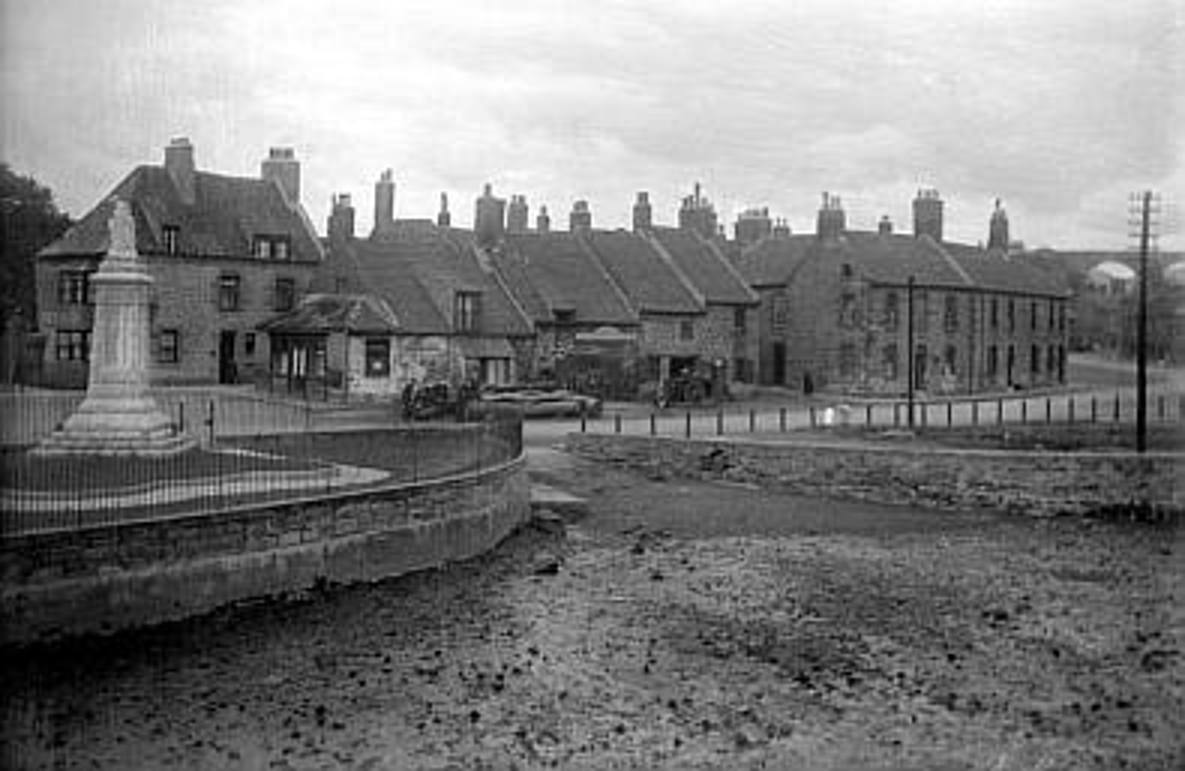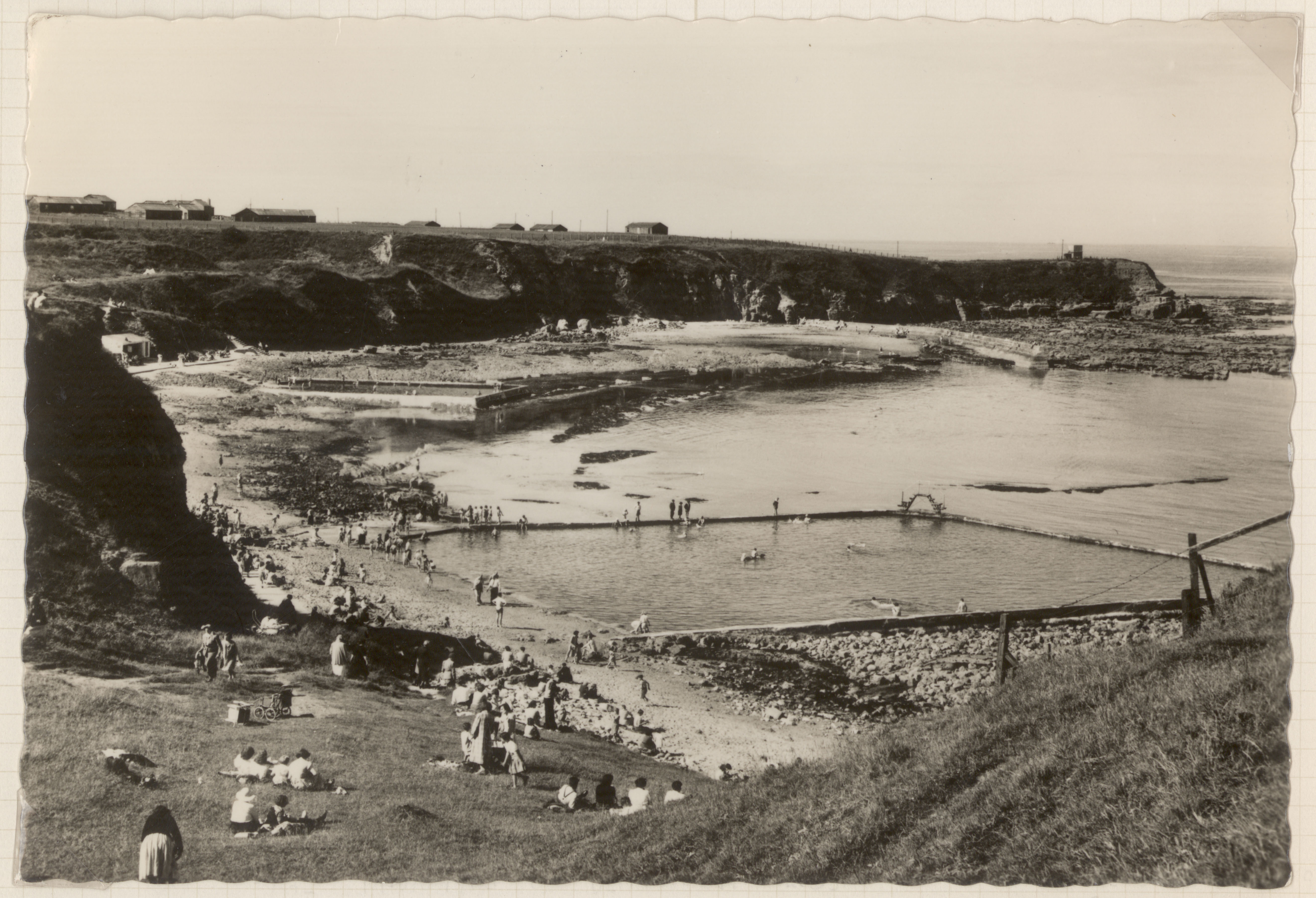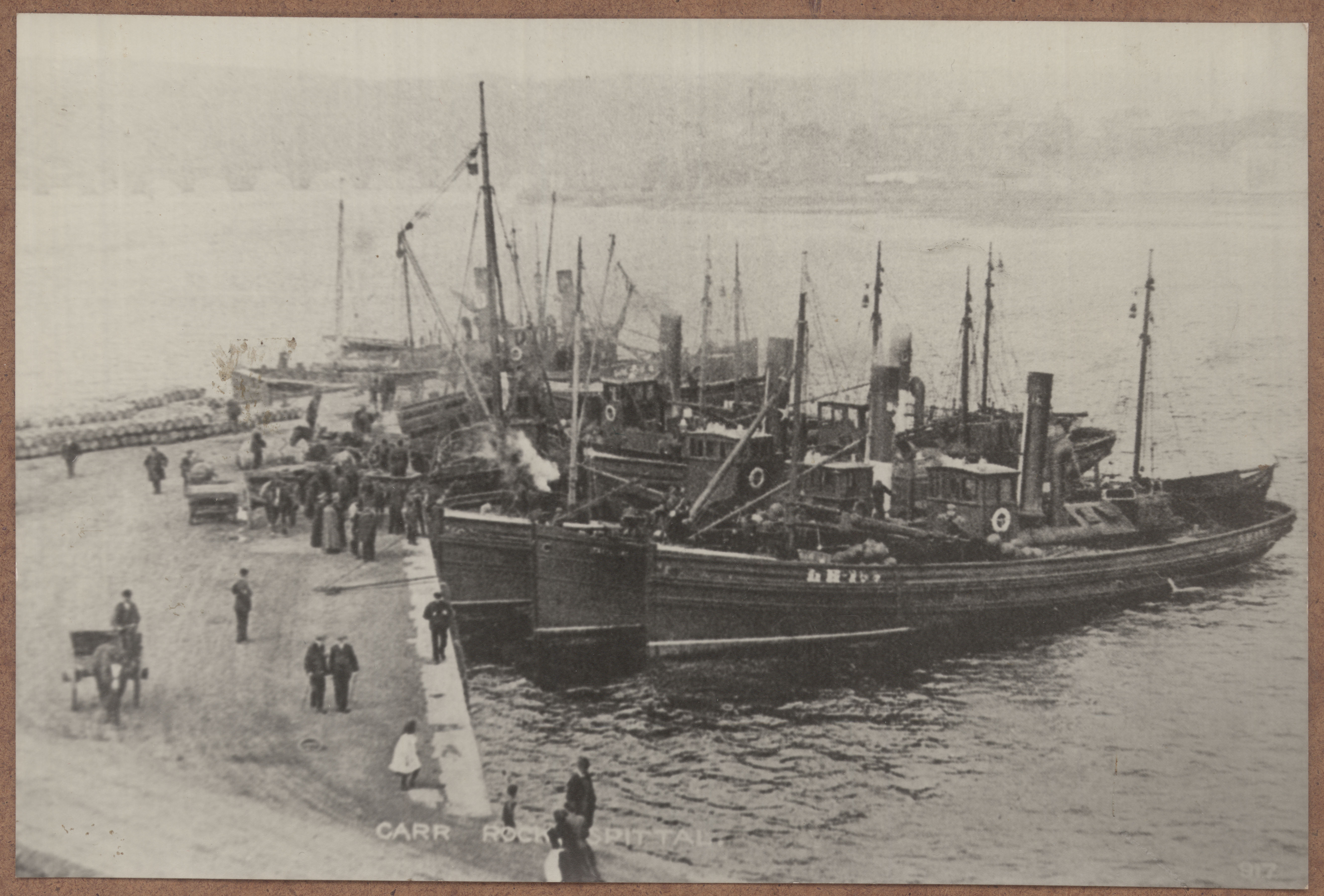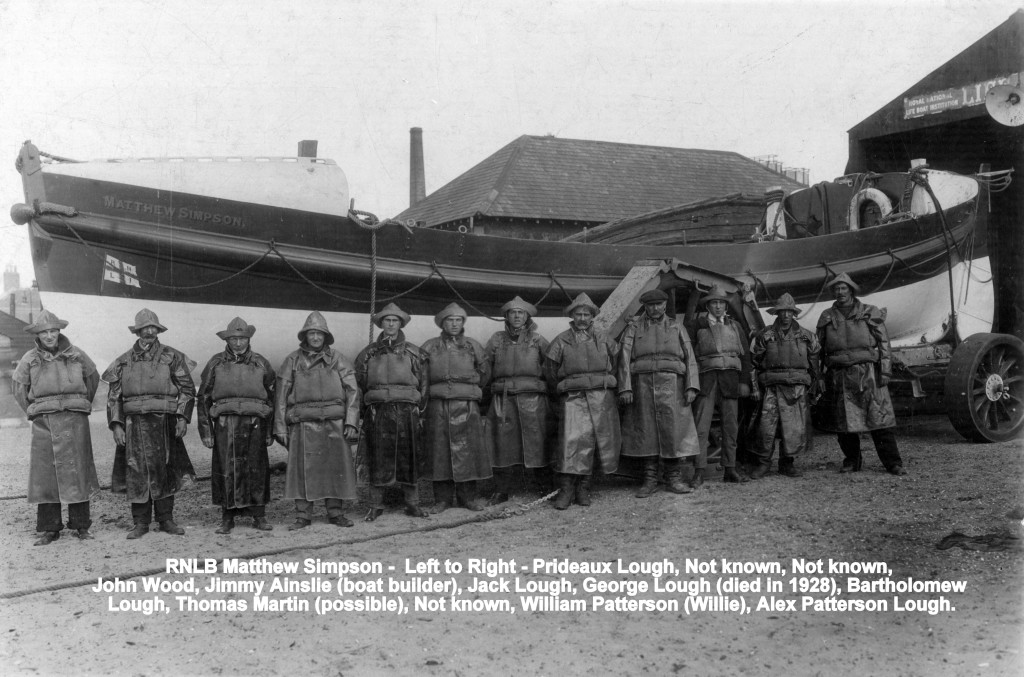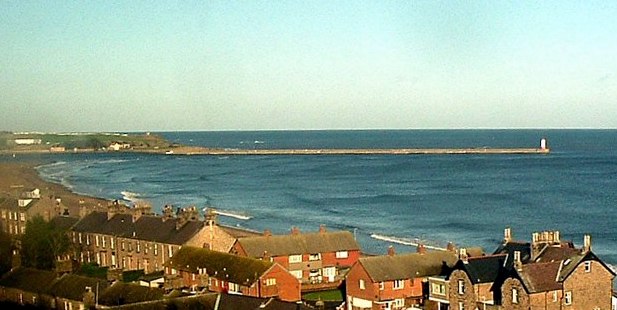
TWEEDMOUTH
GIRLS’ NATIONAL SCHOOL
Empire Day was celebrated at Tweedmouth Girls’ National School on Tuesday forenoon. Early in the morning the girls, under the direction of their class mistresses, decorated the schoolroom with flags, bunting and flowers, transforming the whole appearance of the room. Daisy-chains were made by eager hands, and formed a part of the scheme of decoration. Ropes of daisies were also worn by the girls, who were in pretty frocks for the occasion. A programme of songs and recitations was gone through, two special items being the reciting of poems specially written by Mr T. Grey, Church Road, Tweedmouth, for the occasion. The programme was:- Unison song, “Land of Hope and Glory”; duet, Daisy Shiels and Edith Todd; recitation (by T. Grey), Andrina Davidson; Unison song, “Ye Mariners of England”; duet, E. Todd and M. Gray; recitation (Grey), Mary Newies; piano solo, E. Robertson; unison song , Standards I. and II.; duet, “Fairy Barque,” M. Douglas and E. Oxley; recitation, I. and A. Crossthwaite; unison song, “The Roast Beef of England.”

“The Roast Beef of Old England” is an English patriotic ballad written by Henry Fielding, and was first performed in 1731. Today,
the Royal Navy always goes in to dine at Mess Dinners to the tune, which is also played at United States Marine Corps
formal mess dinners during the presentation of the beef. Officers of the Royal Artillery are also played in to dinner by this tune.
After the programme was gone through the girls adjourned to the playground, where in the bright sunny weather, Miss May Todd, clad in white, took the salute to the Union Jack. The pupils then went through the grand march, each girl carrying a flag and wearing a daisy-chain wreath. The Rev. P. G. Peacocke addressed the girls on the meaning of Empire Day. During the morning’s proceedings Miss Helyer, Headmistress of the school, was presented with a bouquet of roses, and one of lilies and tulips. Hearty votes of thanks were accorded to the teachers for their share in the day’s celebrations and a special vote of thanks was also accorded to Mr T. Grey for his kindness in writing the poems recited by the girls. In the afternoon the programme was repeated, the parents being present.
LOCAL NEWS
On Thursday last, Thomas Tait, jun., and Richard Disslington, both of Berwick, were convicted of angling in the river Tweed, on the 13th day of May instant, for the purpose of killing or taking the spawn, fry, or young brood of salmon, and were severally fined in the mitigated penalty of ten pounds. A rather stiff penalty, but smolt catchers need have no fear of a like penalty now-a-days. This happened 100 years ago.
In view of the fact that certain meat traders in North Northumberland are considering a co-operative scheme for dealing with meat after decontrol on July 4th, by the proposed formation of a Control Board, farmers would be well advised to strengthen their Co-Operative Slaughterhouse Societies. Unless agriculturists are more enthusiastic in the Northumbrian Farmers’ Co-Operative Slaughterhouse Society, thinks the Newcastle Journal, there is a probability that its operations will be suspended by July 4th.
The Whitsuntide holidays brought a large influx of visitors to the town at the week-end and on Monday. Several large motor char-a bancs were to be seen drawn up in High Street, while others went on through the town to destinations further afield. Several of the shopkeepers in the town did remarkably well, the visitors seeming to be anxious to take some memento of their Berwick trip home with them. A number of the visitors hailed from the Widdrington district, and a cricket team having travelled north from that centre, played and beat the Berwick eleven on the Pier Field. A number of the visitors made their way to the seaside, the conditions there being ideal. The catering establishments in the town did a brisk trade, and Mr J. Walker, Castlegate, was compelled to use the Red Lion Assembly Room to seat his customers.
The placing of boys and girls in suitable employment when they leave school is engaging the attention of the Education Committee, and in response to a request by the Ministry of Labour, schoolmasters and teachers are being instructed to send in the names of all boys and girls leaving school at the end of the term, to Mr Topping, at the Labour Exchange. This new method of placing children leaving school in suitable employment will fill a much felt want. There are undoubtedly many cases where boys and girls leave school without any fixed idea of what trade they will follow, and the result has been that after many weeks of idleness they drift into some occupation not entirely suitable.
PARK’S COMMITTEE
The Clerk read the report of the Parks Committee of the 18th inst., recommending the Authority to have the guns on the Walls replaced on their former position, and the carriages for the same repaired at an estimated cost of £40. The estimate, it was stated, would cover the cost of repairing the carriages and re-painting.
Councillor Morrison moved the adoption of the report and Councillor Peter Cowe seconded.
Councillor Compbell said he could not well see where the economy came in when the Authority were not dealing with the matter of the footpath at Castle Hills, which would be to the advantage of the town, and were yet willing to spend £40 in putting the guns back in their former positions, which would not benefit the inhabitants in the least. He could not see the logic of the procedure, and moved as an amendment that the guns be not put back.
Councillor Dudgeon seconded, and said the guns at the top of Coxon’s Lane were a source of danger to children, who climbed on them, and through falling off sustained nasty accidents. Why, he asked, should they spend money on a matter like this and grudge it for a footpath, which would be a decided benefit.

Councillor Dixon said he considered it would be a great pity if these guns were not put into position. Berwick was a fortified town, and the old guns gave a tone to the Walls. They were always a source of interest to visitors who went round the Walls. Had they been new guns they were mounting it would have been quite different.
Councillor Morrison – Councillor Campbell inferred the guns were no use. They are one of the attractions the Borough possesses.
Councillor Campbell said if anyone had sentimental feelings about the old guns it should be Councillor Cowe and himself, who had worked on them night after night in the old days, but if he allowed himself to consider that, he would be stretching his personal feelings too far, when other matters in the town, more essential, were required.
Councillor Wilson remarked that the question of the footpath at Castle Hills had not been turned down, but was going back to the Committee.
On the question being put to the vote, there voted for the resurrection of the guns and their repair and replacement 20, and for the amendment.


